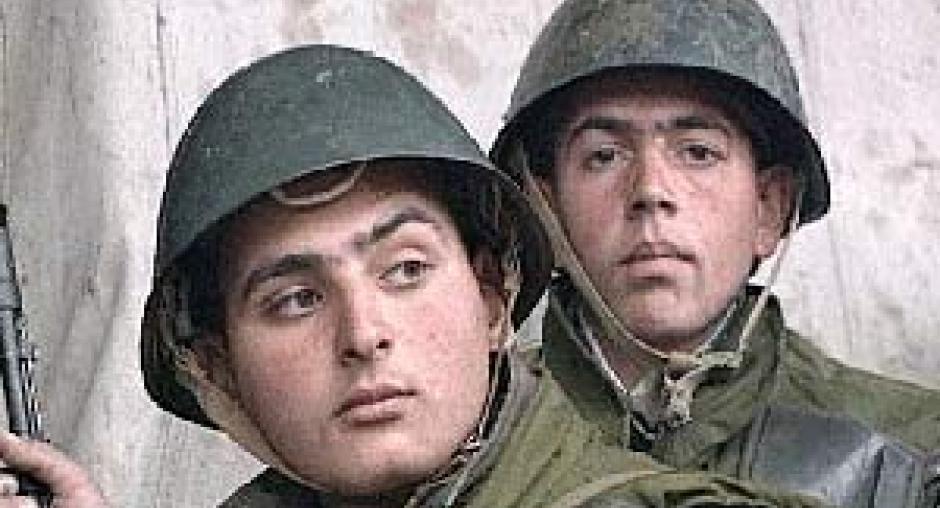The role of security forces in democratic societies
The role of armed, paramilitary and police forces and intelligence services was the focus of a series of roundtables organized in Azerbaijan, Georgia and Armenia by the OSCE Conflict Prevention Centre. A team of experts travelled to the region from 3 to 11 June 2002 to discuss the implementation of key OSCE principles.
Redefining the role of security forces
Democratic control over military and security forces is a key issue for the OSCE, particularly after the tragic events of 11 September.
"In many OSCE participating States the role of security forces and intelligence services is being redefined with the tendency to extend powers and increase budgets," said Taina Susiluoto, OSCE Forum for Security Co-operation Support Officer.
"As this happens, it is important to ensure that democratic control of security forces is maintained in line with OSCE principles and guidelines."
Key OSCE principles
OSCE principles regarding the use of armed forces in democratic societies are defined in the Code of Conduct on Politico-Military Aspects of Security.
Adopted in Budapest in 1994, this landmark agreement was a direct response to the changing role and position of armed forces in societies in transition.
It obliges OSCE participating States to provide for and maintain effective guidance and control of their military, paramilitary and security forces by the constitutionally established authorities.
At their meeting in Bucharest in November 2001, the Foreign Ministers of OSCE States identified the Code of Conduct as a key instrument in the Organization's anti-terrorism efforts.
About the meetings
The Conflict Prevention Centre of the OSCE Secretariat assists participating States in implementing the provisions of the Code of Conduct and promoting regional dialogue on these issues.
The meetings in Azerbaijan, Georgia and Armenia provided an opportunity for OSCE experts to meet with the goverment officials who deal with these issues on a daily basis.
These discussions focused on practical questions and potential problems, such as defining the role of the military, paramilitary and security forces, protecting the civilian rights of servicemen, and regional military co-operation.
The OSCE team comprised representatives of research institutes, including the Geneva Centre for the Democratic Control of Armed Forces and the Geneva Graduate Institute of International Studies.

